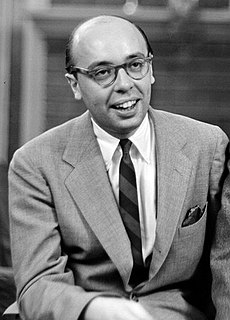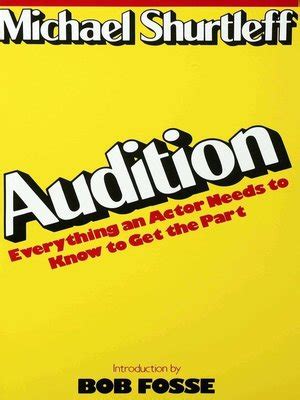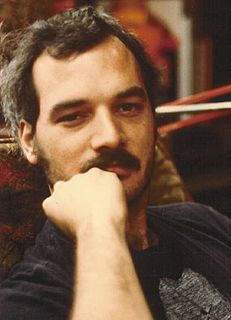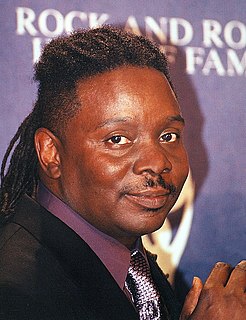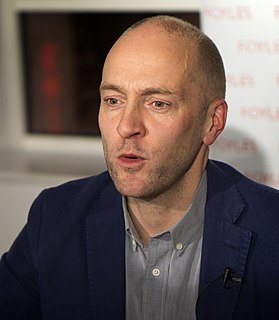A Quote by Justin Vernon
The falsetto stuff, it must be a reaction to the black gospel singers that I really enjoy listening to.
Related Quotes
I just essentially stayed at home for three years and just learned to play as many instruments as I could and listened to as many singers as I could. Like, when I got to about 19/20, I started listening to singers. I normally just listened to bands. Now I listen to a lot of old singers, not a lot of new stuff.
I think we did our first session in 1958. There were no black background singers - there were only white singers. They weren't even called background singers; they were just called singers. I don't know who gave us the name 'background singers,' but I think that came about when The Blossoms started doing background.
I'm a natural baritone, so I had challenges in that middle range, which would be that tenor area, singing in my natural voice. And I worked on that. But basically the falsetto thing, I didn't even know it was a falsetto until a music teacher commented on it, that I had a very nice falsetto. I didn't even know what it was. I said, 'Oh, OK.'


